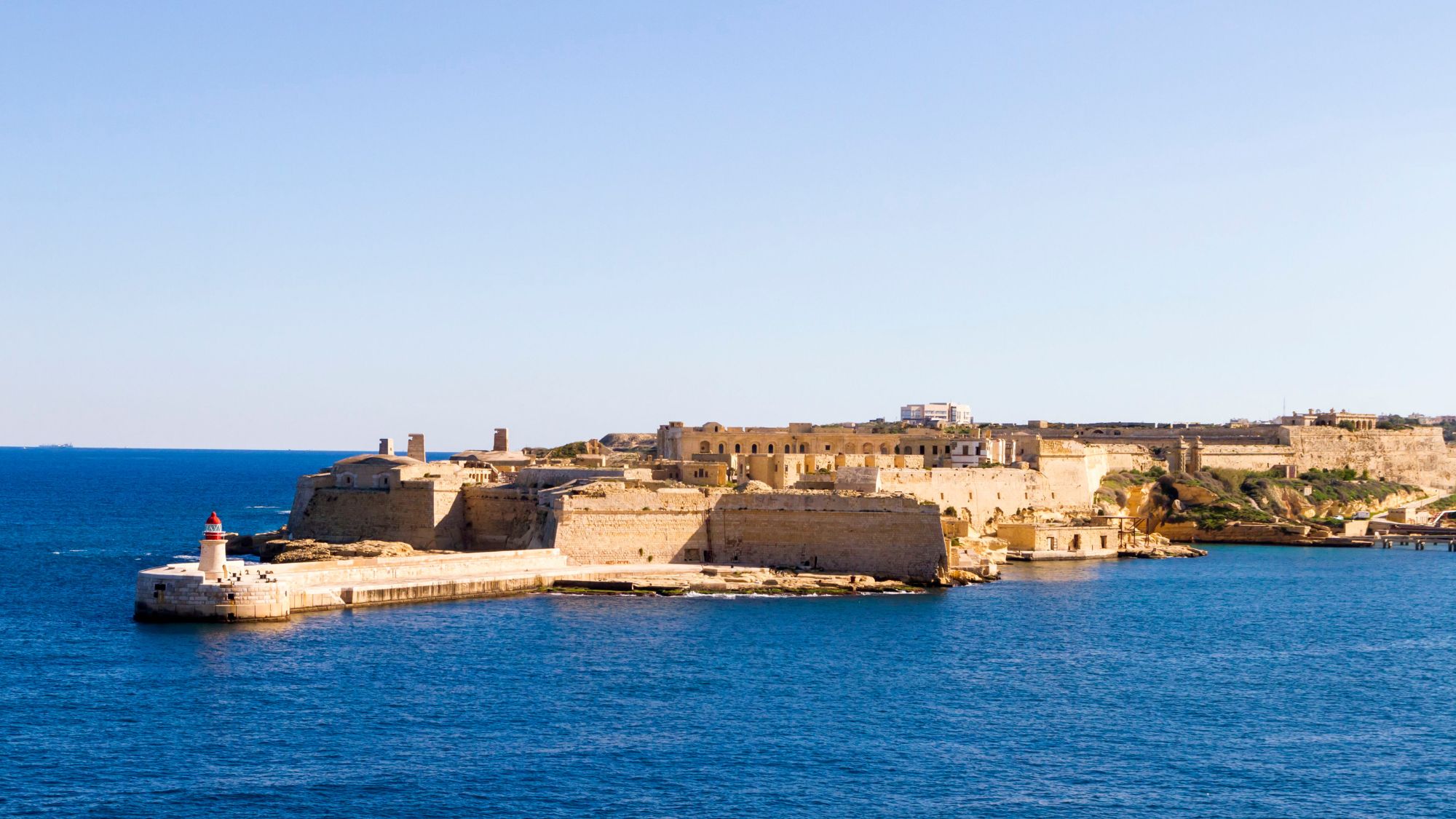The Great Siege of Malta: the 'engrossing' story of an Ottoman invasion
'Myth-busting' book dispels falsely held notions of 'clash' between Christianity and Islam

A free daily email with the biggest news stories of the day – and the best features from TheWeek.com
You are now subscribed
Your newsletter sign-up was successful
"It remains an extraordinary story," said Mathew Lyons in Literary Review. On 18 May 1565, an Ottoman fleet of some 200 ships carrying more than 25,000 soldiers appeared off Malta, to be joined later by 5,000 corsairs (North African privateers). Defending the island were 470 knights of the Order of St John – otherwise known as the Hospitallers – supported by a few thousand professional soldiers and the local population. Despite the odds against them, and despite losing the key fort of St. Elmo after three weeks of "bombardment and slaughter", the knights held on. After four months the Turks gave up, having fired their cannons – by one knight's reckoning – 70,000 times.
The victory was celebrated by Christian countries long after as a key counterblow to Ottoman expansion; but, as Marcus Bull argues in this "engrossing" book, it ultimately made little difference. Malta was of minimal strategic importance, and defeat did not temper the Ottoman ruler Suleiman the Magnificent's ambitions. To convey this without detracting from the drama of the siege is a tricky balancing act, but Bull pulls it off with "aplomb".
The knights were no saints, said Pratinav Anil in The Times. They were given to rape, abduction and piracy, and had provoked Suleiman's wrath by capturing an Ottoman fleet carrying valuable cargo and his chief eunuch. Some historians like to present the siege as a clash of civilisations between Christianity and Islam, but it wasn't: for one thing, the Turks had an alliance with the French. Bull makes short work of these misapprehensions in this "no-nonsense, myth-busting book", which is written with "knightly brio".
The Week
Escape your echo chamber. Get the facts behind the news, plus analysis from multiple perspectives.

Sign up for The Week's Free Newsletters
From our morning news briefing to a weekly Good News Newsletter, get the best of The Week delivered directly to your inbox.
From our morning news briefing to a weekly Good News Newsletter, get the best of The Week delivered directly to your inbox.
I'm not convinced by Bull's thesis, said Jonathan Sumption in The Spectator. The knights were, in fact, flag-bearers for Christianity in a holy war, and they'd disrupted the pilgrim routes to Mecca, which was why the Turks spent more than a year readying their fleet; and Malta did have strategic significance as a possible stepping stone to Spain. Nevertheless, for anyone who wants an account of the siege rich in the latest scholarship, this is the one to buy.
For me, the great virtue of the book is precisely that Bull often goes against received opinion, said David Abulafia in the Times Literary Supplement. It's a "thoughtful and incisive" account, which puts the siege in the broader context of Ottoman and Spanish territorial ambitions, from Florida to the Philippines. Whether you agree with Bull or not, this is an impressive reassessment, rich in penetrating insights, of a major moment in the history of the Mediterranean.
A free daily email with the biggest news stories of the day – and the best features from TheWeek.com